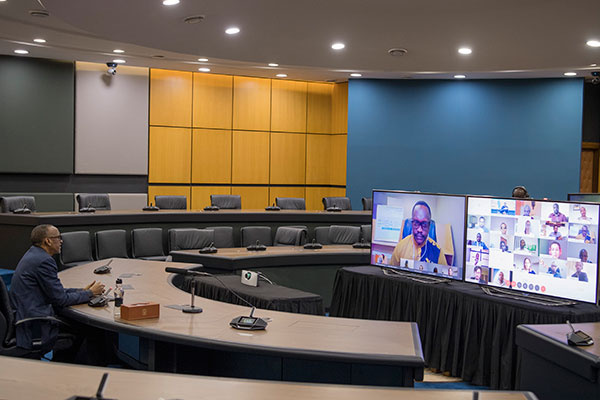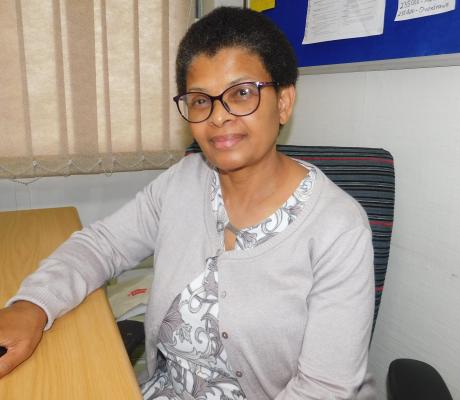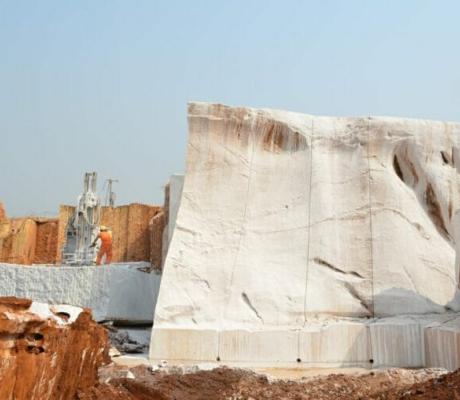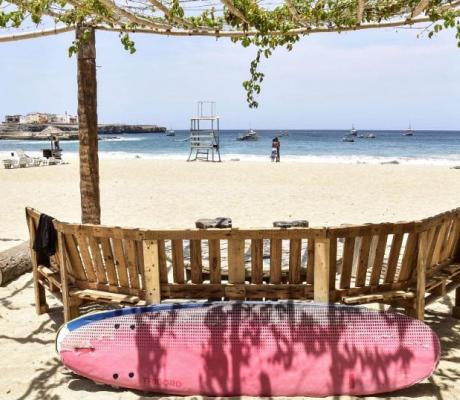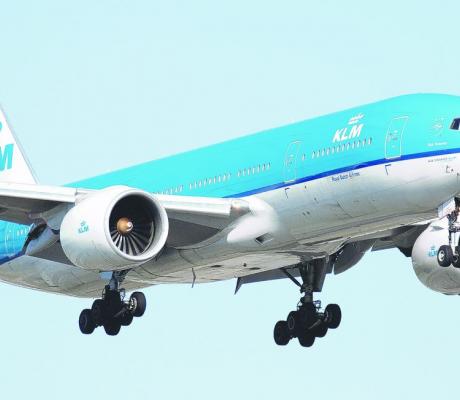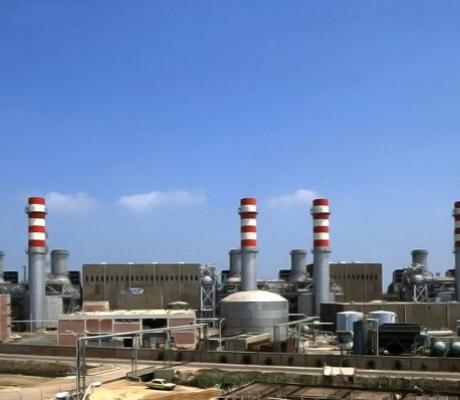President Paul Kagame held a virtual press conference with journalists last Monday and spoke on several issues, including the lockdown, the East African Community and the African Union.
Does the Rwanda government have a strategic plan to lift the lockdown and return the country back to normal?
We are on the 42nd day since we started dealing with Covid-19. The challenges on the onset seemed to be insurmountable but we mobilised ourselves, as we learn from other countries. We took measures progressively until we came to the lockdown.
The Cabinet is supposed to meet and put together information that has been collected from different places, including the work that has been done by the Ministry of Health in collecting data from rural and urban areas and analyse what is going on around us.
We, therefore, are looking at this information and then deciding what next step to take.
It is about ensuring that the progress we have made is not negatively affected but at the same time loosening the stranglehold on the people under lockdown. It is a sort of balance.
The calculated risk we have to take to balance normal life as we take care of this problem, and making sure that the virus does not make a comeback. We will take this step by step.
Which sectors and companies is the government planning to bail out in order to survive the troubles experienced during the lockdown?
There are people already at work looking at each sector. It is not just one company that is going to be favoured against the other, but we are looking at the situation holistically.
National carrier RwandAir is being talked about a lot, but that is because people notice it more easily than other things, but economic life does not start and end with RwandAir.
I have talked about our tourism and the hospitality sector. All these are being looked at in detail.
On the side of mobilisation of resources, we are doing that in so many ways and that includes borrowing, sometimes begging; it is a mixture of many things.
These efforts are productive. The market has been favourable to us because of the way we have been performing in our economy, and they have been able to lend to us.
However, all these will come in after we have correctly analysed what we need to borrow for.
The World Bank says that Africa needs over $100 billion to deal with Covid-19 effects. How much does Rwanda need? And is Rwanda negotiating with its creditors to postpone the payment on its debts?
For Rwanda, if you gave us a billion of that, we would be happy. Yes, we have been in touch with lenders in relation to the debt problem.
There has been a lot of argument going around and people asking generally that instead of paying money that is due, that they could put a moratorium on the date for at least two years.
That money would be retained and reinvested in our systems to fill those gaps that exist. This discussion is already bearing fruit because we have received money from institutions like the World Bank, IMF and AfDB.
All these are under different structures but all are to make it easier for us to access funds to fight the pandemic and also to move forward after the pandemic.
Rwanda has placed a lot of emphasis on MICE and tourism, but what we are seeing now as a result of the pandemic, is a real threat that revenues from these sectors will take longer to rebound. Do you see the need to revise the country’s strategy at this point?
I don’t think we need to do anything differently. We just need to keep doing what we all along agreed to do, but we have had weaknesses in that area, which we need to overcome.
Even if there was no pandemic, in implementing your strategy, you always keep taking steps with the results you expect. If that is not achieved, then you find ways of tweaking it and maybe changing something here and there.
This pandemic has affected every country, and for MICE and tourism to work, people must be able to travel. So there will not be people coming to Rwanda, to the region and beyond for some time, because for now, the lockdown is across the world.
So, to say that I am going to replace MICE with this or that, maybe it is too early, because even what you may think of replacing it with has also been affected.
We will, therefore, wait a little bit and see what is working at what time or if there is anything that we can replace it with.
The EAC Heads of State Summit has not met during this coronavirus pandemic. As chairperson do you take blame for this lack of regional co-ordinated effort towards the pandemic?
I am the chairperson of the EAC currently, and that implies responsibility in a sense. But being the chair doesn’t mean you manage partner states’ affairs since all countries manage themselves the way they deem fit.
A number of virtual meetings have taken place including for ministers of Health that agreed on how to co-ordinate.
We attempted to also hold meetings as Heads of State and discuss and give direction in a co-ordinated way.
This did not happen, because a number of countries—three specifically—in a sense because of the procedure in the Community where all members have to be available in order for the virtual meeting to take place.
But the effort was made and we even attempted another at a later date that suited everyone but still it appeared that not everyone was ready.
In essence, we were affected more by the procedures of the Community than the structure. Procedure appears to take precedence over the substance of collective responsibility.
As you have seen in the case of Rwanda, we now have the problem. Whereby we had really taken full control of the situation and reining in the coronavirus, but cross-border activities introduced other infected numbers rapidly.
Now we are trying to deal with that and there is no better way of dealing with that than through regional co-operation, co-ordination and understanding each other.
What is your comment on reports that continue to claim that Rwandan soldiers are operating in eastern DRC, and how do you think the rebel groups in DRC should be defeated?
There is not a single soldier of Rwanda Defence Forces (RDF) that has gone to that area. Not a single one; and I say that with authority.
The government of Democratic Republic of Congo knows that there is not a single RDF soldier is in eastern DRC; take it from me that there is no single RDF soldier in that part of the world.
Fortunately, we have a government in Democratic Republic of Congo that has come to agree to work with countries in the region to come to resolve the problem that has been there for years.
But according to some people, that is not even a good gesture that the Democratic Republic of Congo is working with regional countries to end this problem because it is a problem they (do not) want to preserve.
Recently the FDLR ambushed and killed guards in Virunga National Park on the Democratic Republic of Congo side. There was only one mention about some rebels from Rwanda killing people and that was it. It was not a big deal.
It is like these people have been made to feel entitled to do whatever they want in the Democratic Republic of Congo.
The United Nations forces are there ostensibly to deal with that problem. They are not. So everything is summarised as Rwanda getting involved in the Democratic Republic of Congo, and that is the answer raised for every problem in that area.
Source: theeastafrican.co.ke

